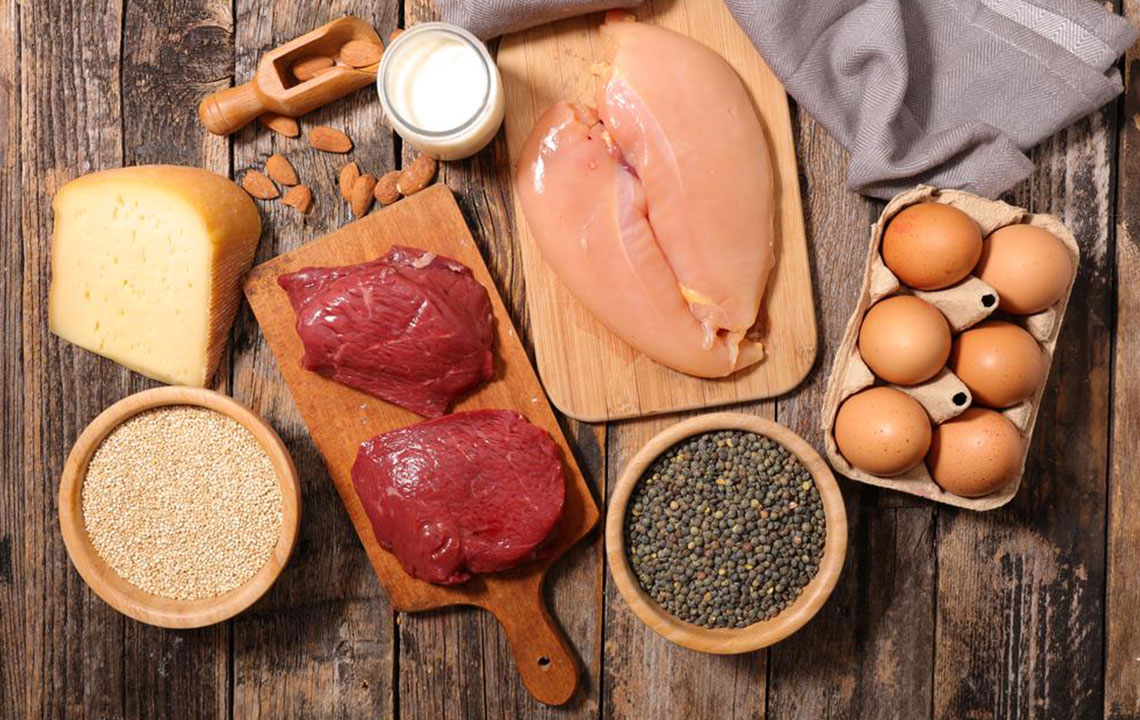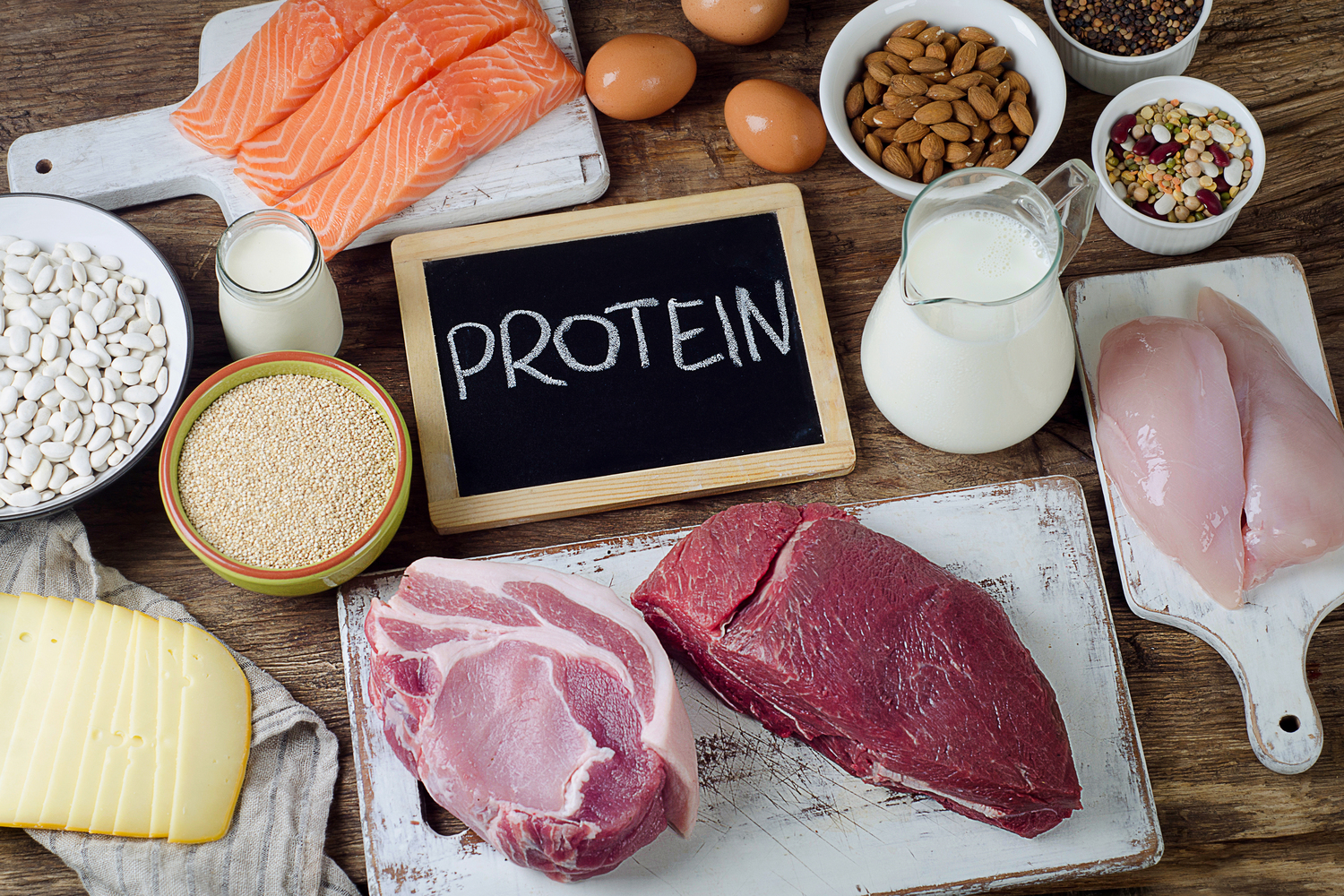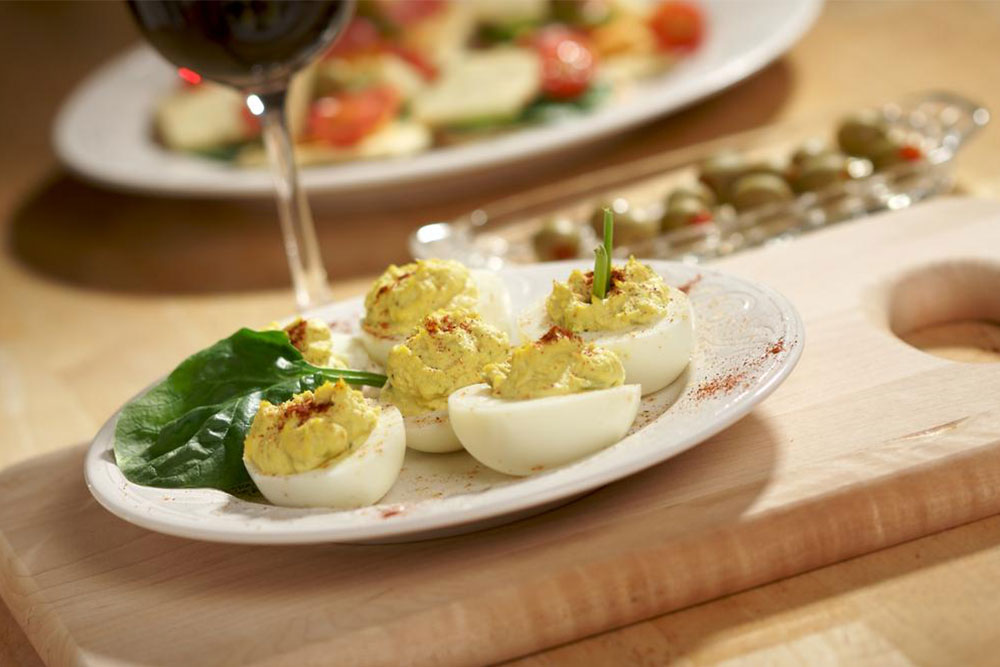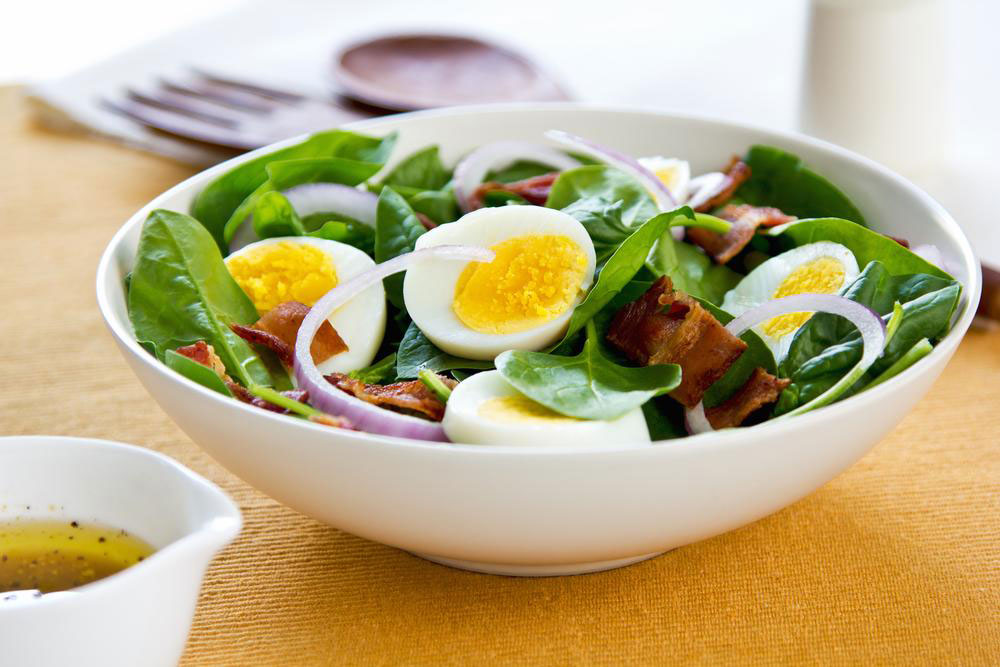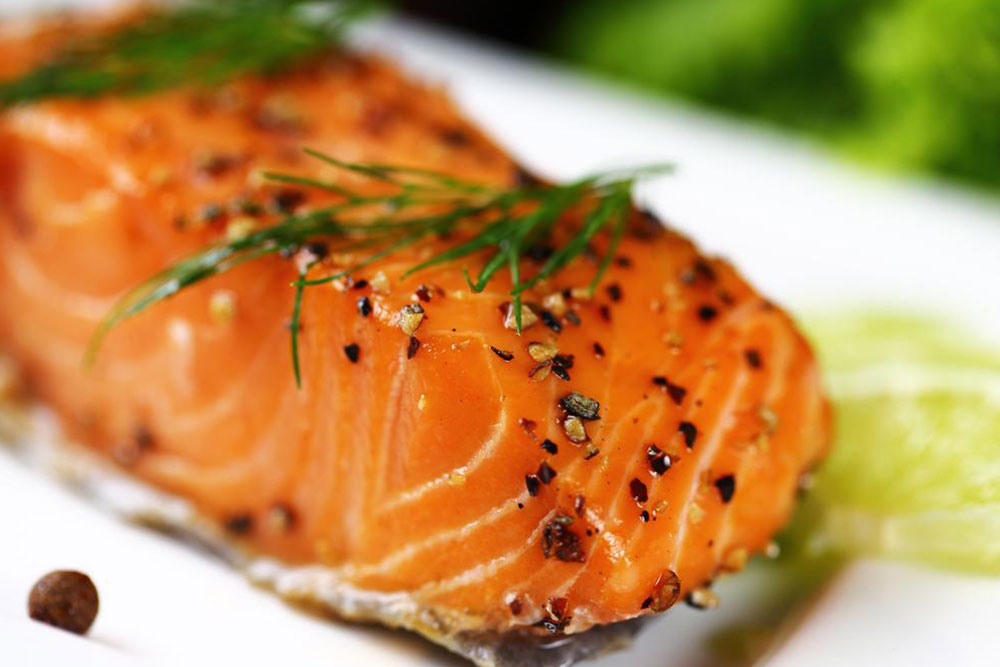Essential High-Protein Foods to Boost Your Diet
Discover a comprehensive list of high-protein foods suitable for vegans, vegetarians, and non-vegetarians. These nutrient-dense options support muscle growth, weight management, and overall health. Learn which foods to include in your diet to meet your daily protein needs naturally, enhancing your nutrition and wellness journey.
Sponsored
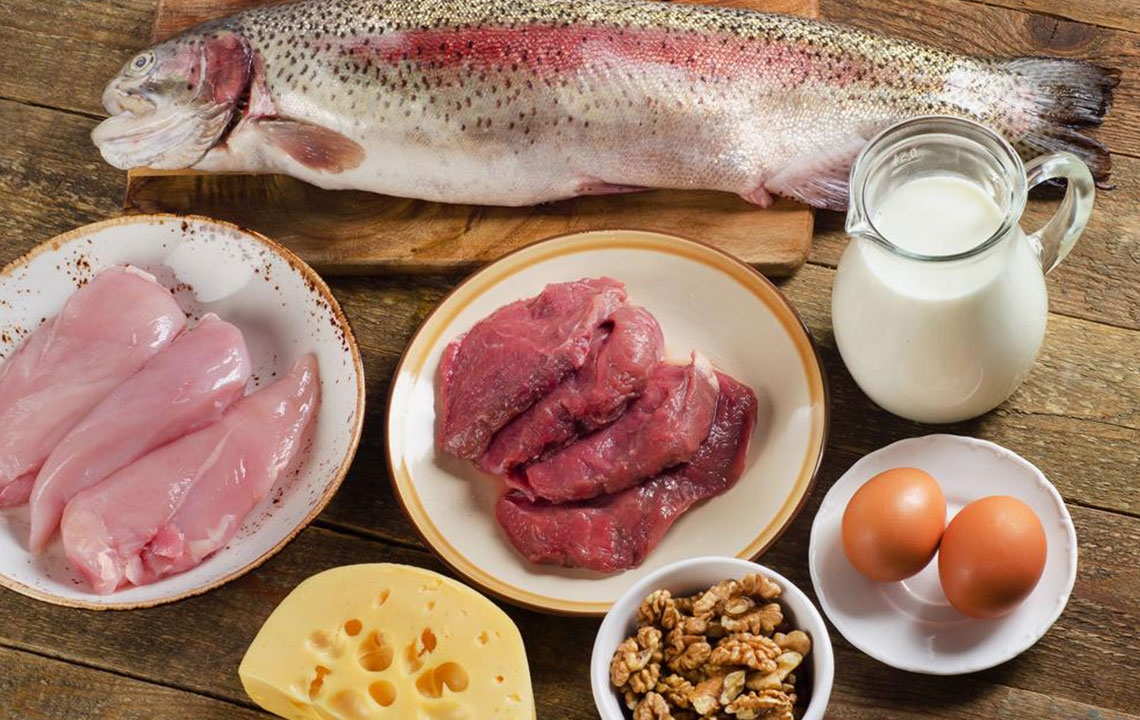
In modern dieting, tracking macronutrients has become increasingly popular, with high-protein regimens gaining widespread popularity. Many fitness enthusiasts and nutritionists endorse high-protein diets for effective results, as proteins are vital macronutrients alongside carbs and fats. Proteins are fundamental for growth, cell repair, and hormone production, serving as the body's building blocks. An average adult needs about 0.8 grams of protein per kilogram of body weight, though this varies for athletes and bodybuilders. Natural foods rich in protein are excellent alternatives to supplements like whey powders.
Below is a curated list of nutrient-dense, high-protein foods suitable for both vegans and vegetarians, as well as animal-based options for non-vegetarians.
Top Vegan-Friendly High-Protein Foods
Almonds: A supernutritious tree nut vital for protein intake. Almonds can be enjoyed as snacks or in plant-based milk, offering around 6 grams of protein per 28 grams.
Oats: A fiber-rich grain loaded with essential minerals and about 17 grams of protein per 100 grams, perfect for wholesome breakfast options.
Broccoli: A vegetable with high protein density relative to calories. Consuming 100 grams provides approximately 2.8 grams of protein.
Quinoa: Known as a complete protein grain, it is packed with antioxidants, fiber, and nutrients, providing roughly 4.4 grams of protein per 100 grams.
Lentils: Legumes like lentils, chickpeas, and beans are rich protein sources, offering about 9 grams per 100 grams.
Pumpkin Seeds: Nutrient-dense seeds loaded with zinc, magnesium, and potassium, containing around 19 grams of protein per 100 grams.
Brussels Sprouts: A fiber-rich and nutrient-packed vegetable with approximately 3.4 grams of protein per 100 grams.
Peanuts: A popular source of vegan protein, providing about 26 grams per 100 grams; consume in moderation due to high calorie content.
Tofu: A versatile soy-based protein alternative to dairy, offering around 8 grams of protein per 100 grams.
Top Vegetarian High-Protein Foods
Cottage Cheese: An excellent low-fat, high-protein dairy option with about 11 grams per 100 grams.
Greek Yogurt: Rich in protein, minerals, and vitamins, providing roughly 10 grams per 100 grams of non-fat variety.
Milk: Contains about 3.5 grams of protein per 100 grams, offering complete nutrition for various dietary needs.
High-Protein Animal-Based Foods
Eggs: A complete, nutrient-rich food with approximately 6 grams of protein per egg, especially high in egg whites.
Chicken: A lean source of protein; 100 grams of chicken breast provides around 31 grams of protein, ideal for muscle building.
Tuna: A nutrient-dense fish rich in protein and omega-3 fatty acids, offering about 30 grams per 100 grams.
Shrimp: Low in calories but high in protein, with approximately 24 grams per 100 grams, plus essential nutrients like B12 and selenium.
Vegetarian options tend to be lower in calories due to minimal fats and carbs, making them suitable for weight management when consumed in larger quantities. Incorporating these high-protein foods into your diet can support overall health and fitness goals.

